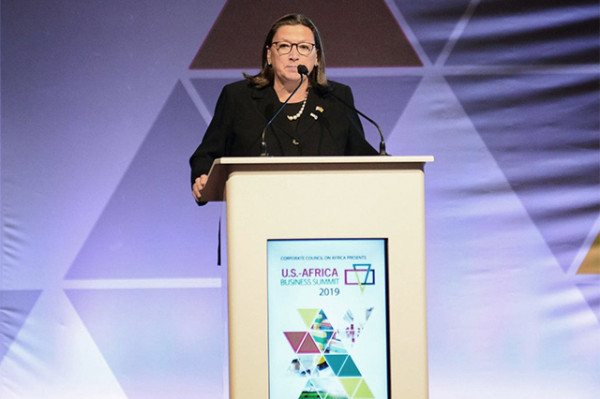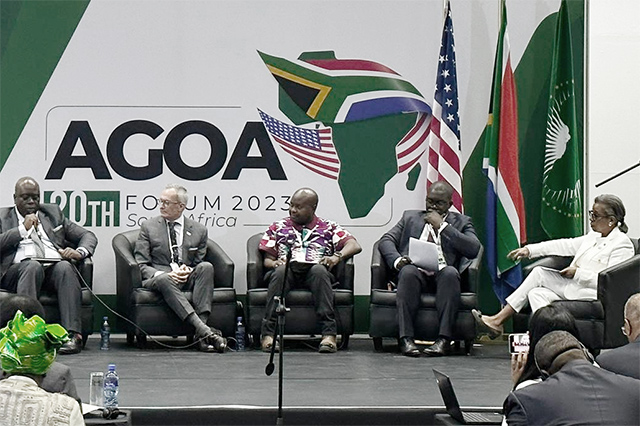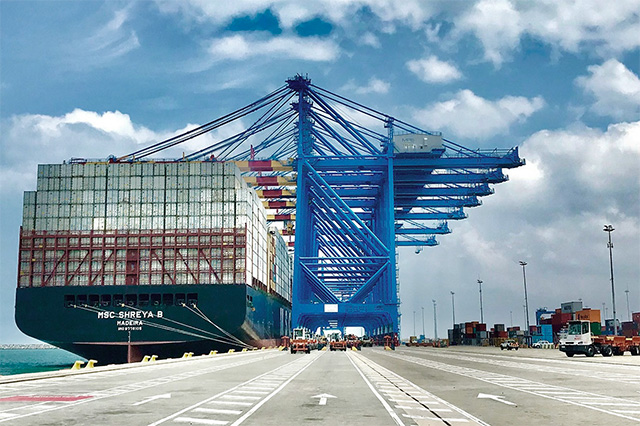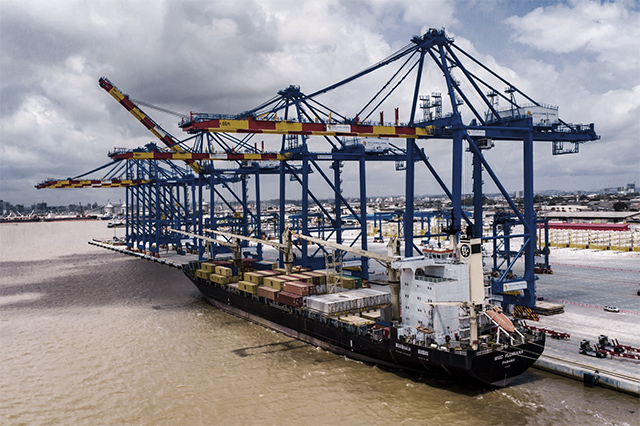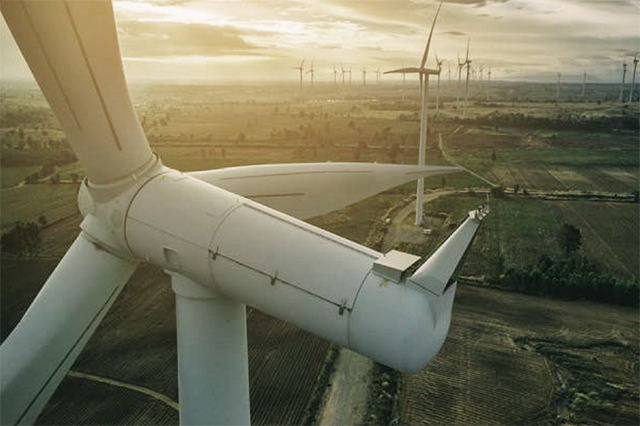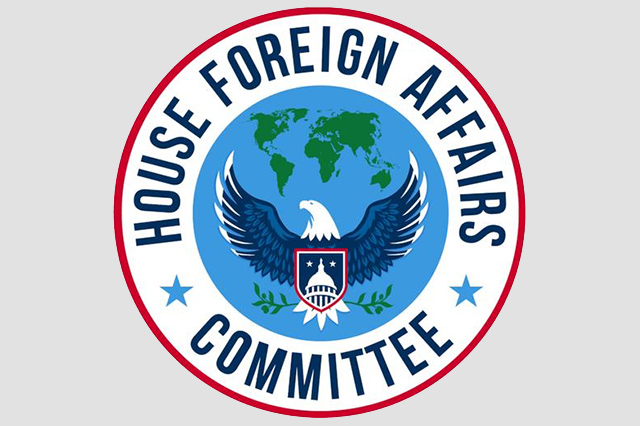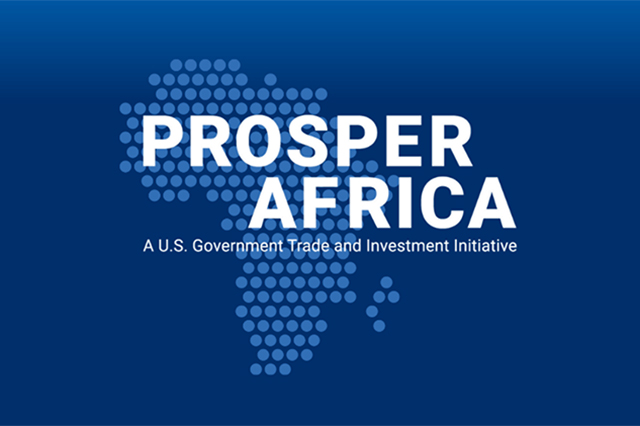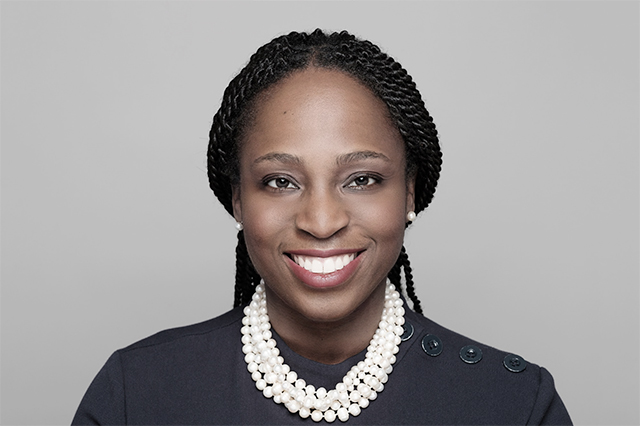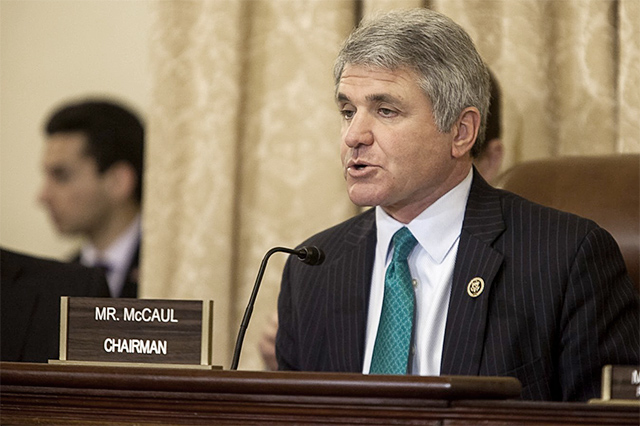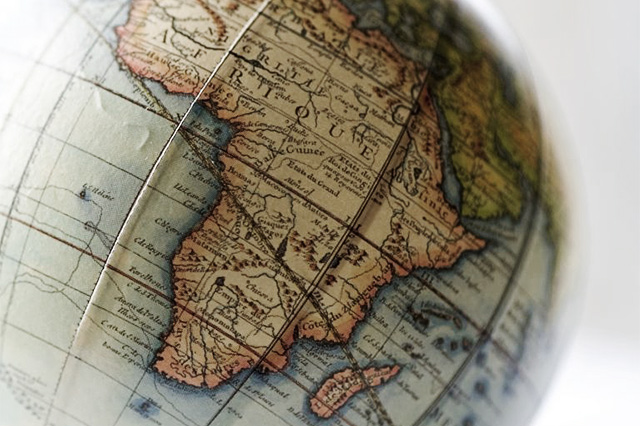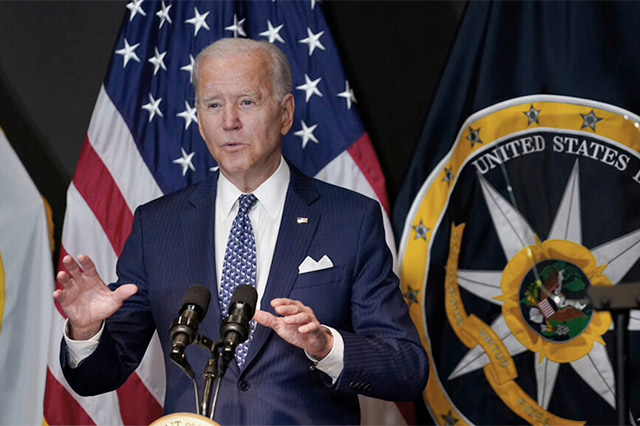Trump administration unveils its new Africa strategy — with wins and snags
The Trump administration’s message to Africa has been blunt: Choose the United States over China and Russia.
Officials announced the details of that policy challenge Wednesday in the southern African nation of Mozambique, urging hundreds of African business leaders at an economic conference to ramp up partnerships and trade with American companies.
U.S. firms deliver “unrivaled value,” Deputy Secretary of Commerce Karen Dunn Kelley told the crowd. “Yet we have lost ground to the increasingly sophisticated — but too often opaque — business practices of foreign competitors.”
The White House’s solution is Prosper Africa, a new effort that shifts American focus on the continent from aid to industry.
The $50 million program will offer technical help to companies looking to enter or grow in Africa, which is urbanizing more rapidly than anywhere else on Earth. The region is projected to have 1.52 billion consumers by 2025 — nearly five times the size of the U.S. population.
But Americans are missing out on that market, Kelley said: U.S. exports to Africa have dropped by nearly a third since their 2014 high.
The administration seeks to reverse that trend by searching for business opportunities, trying to reduce trade barriers, connecting firms to financing and guiding them through bureaucracy, among other commerce-boosting tactics, she said.
Kelley highlighted one example of success: Texas energy company Anadarko Petroleum Corp. gave the green light Tuesday to start building a $20 billion gas liquefaction and export terminal in Mozambique — the biggest such project ever approved in Africa.
Meanwhile, the U.S. International Development Finance Corp. , a government agency that will begin operating in October following a bipartisan congressional push, will double the amount of money available for American investment in low-income countries, including some in Africa.
“We know that the U.S. government can and must do more to capitalize on the competitive advantage of U.S. companies,” Kelley said, “and the entrepreneurial spirit of the African people.”
The specifics of President Trump’s Africa policy emerge six months after national security adviser John Bolton announced that the administration was switching gears on the continent — with an emphasis on countering the rising influence of China and Russia.
The “predatory practices” of those rivals threaten the financial independence of African nations by strapping them with debt, he said in December — and squash opportunities for the United States to expand its economic footprint.
“They are deliberately and aggressively targeting their investments in the region to gain a competitive advantage over the United States,” Bolton said in a speech at the Heritage Foundation in Washington, where he mentioned China 14 times.
The condemnation received mixed reviews in Africa, where China is generally popular as the continent’s biggest trading partner and Russia is making aggressive inroads.
Russian President Vladimir Putin plans to meet with 50 African leaders on his home turf in Sochi at the first Russian-African Summit. The meeting is meant to bolster “Russia’s active presence in the region,” Foreign Minister Sergei Lavrov said last year.
And Chinese President Xi Jinping pledged $60 billion in September in financial aid to Africa. China will forgive debt in poorer nations, he added as Beijing hosted dozens of African dignitaries. The sky was uncharacteristically blue that week because air-polluting factories had shut down for the summit.
Xi has also visited the continent multiple times. He arrived in the West African nation of Senegal last year, for example, to hand President Macky Sall the keys to a new $52 million wrestling stadium, courtesy of China. (Wrestling is huge in Senegal.)
“Say what you want about what the Chinese are doing in Africa, but their leaders do make the effort to go there and build personal relationships,” said Eric Olander, managing editor of the China Africa Project, a news site in Shanghai.
U.S. diplomacy is less flashy. American efforts tend to unfold behind the scenes: training military forces, helping cities rebuild after devastating floods, distributing fertilizer to farmers, helping regions get rid of disease-spreading flies.
Trump has not visited the continent. (Ivanka Trump, his elder daughter and adviser, made a positive splash in April when she danced with cocoa farmworkers in the Ivory Coast.)
Commerce Secretary Wilbur Ross was supposed to promote Prosper Africa at Wednesday’s U.S.-Africa Summit in Mozambique — an event attended by 11 African presidents — but canceled because of a scheduling conflict.
Gyude Moore, a Liberian former minister of public works, said that the United States’ new strategy in Africa is considered a positive step but that the absence of political star power at its announcement was insulting.
“There’s a saying: What you’re doing is so loud, I can’t hear what you’re saying,” Moore said. “The U.S. does not have the decency, the courtesy, to send a Cabinet-level official to this event.”
In the optics battle with China and other competitors, “we’re losing,” said Todd Moss, who was a diplomat in West Africa during the George W. Bush administration.
Another roadblock is misconceptions among American decision-makers about African markets, said Melissa Cook, founder of African Sunrise Partners, an investment strategy group.
“When you talk to U.S. companies, people say, ‘Oh, well, it’s only 2 percent of world GDP’ or ‘Oh, it’s scary and dangerous — we don’t need to be there,’ ” she said.
In Senegal’s capital city of Dakar, African shopkeepers work alongside Chinese vendors, hawking sandals, fabrics, purses and fake eyelashes.
That’s where Abdoulaye Niang, 42, sells pots and pans. Chinese characters and French words dominate signs. People communicate with body language and in Wolof, Senegal’s mother tongue.
“A lot of the Chinese people here speak it,” he said. “I don’t know any Americans who do.”
News about Trump — the incendiary tweets, the trade disputes, reports that he referred to some African nations by a derogatory term “shithole” countries — has popped up periodically on his Samsung smartphone.
“I don’t think Africa truly interests him,” Niang said. “All he cares about is money.”


